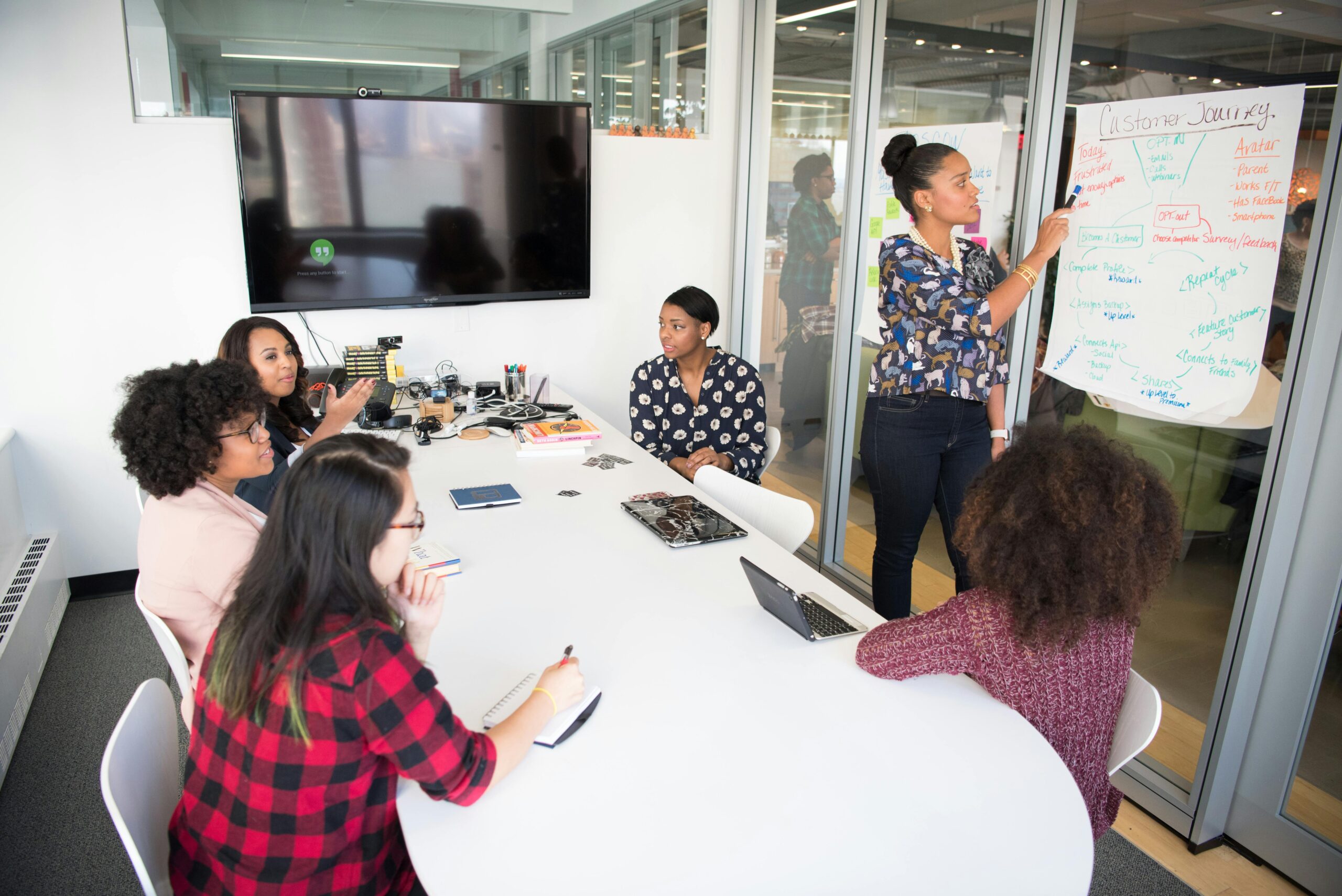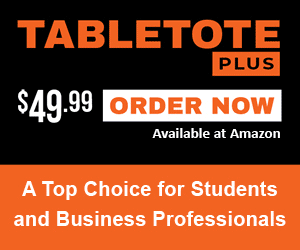
Effective training is vital in improving employee performance and satisfaction within any organization. In today’s competitive business environment, professionals in teaching roles must adapt to meet the diverse needs of their audience. As companies recognize the importance of development, trainers who continuously refine their approach gain a significant advantage. Here are some ways you can improve your skills and excel in your career as a corporate trainer.
Understand Your Audience
Knowing your audience is key to delivering impactful training. Each group has unique backgrounds, learning styles, and preferences that affect how they absorb information. Spend time researching the demographics of your participants before designing your content. Tailoring your approach can lead to higher engagement and retention. Consider using pre-training surveys to gather insights about your audience. This information will help you customize your training sessions, ensuring they are relevant and effective.
Improve Communication Skills
Strong communication is essential for effective teaching. Trainers must convey information clearly and listen actively to foster an interactive environment. Focus on improving both verbal and non-verbal communication skills. Practice techniques such as summarizing key points and asking open-ended questions to encourage dialogue. Also, pay attention to your body language, as it can significantly impact how your message is received. Developing these skills helps create a supportive atmosphere where participants feel valued and engaged.
Continuous Learning and Development
To thrive in your role, embracing a continuous learning mindset is crucial. Engaging in professional development, like a doctorate in education, allows corporate trainers to stay updated with the latest teaching methodologies and industry trends. Those pursuing such degrees can leverage their qualifications to secure rewarding doctor of education jobs that include roles as facilitators or instructors in various professional organizations. By consistently expanding their knowledge base, educators can better address the evolving needs of their audience, making their sessions more relevant and impactful. This dedication to growth sets successful professionals apart and fosters a culture of lifelong learning within their organizations.
Incorporate Interactive Techniques
Engaging your audience through interactive methods can significantly improve the learning experience. To promote participation, incorporate activities such as group discussions, role-playing, and hands-on exercises. These techniques make the training more enjoyable and facilitate better information retention. Encourage participants to share their experiences and insights during sessions, creating a collaborative learning environment. This approach fosters connection and helps individuals apply what they learn in real-world scenarios.
Use Technology Effectively
Incorporating technology into your training sessions can streamline the learning process and improve engagement. Explore various digital tools and platforms that support interactive learning, such as presentation software, virtual classrooms, and online collaboration tools. These resources can help you create dynamic content and facilitate communication among participants. Also, utilizing data analytics can provide insights into participant progress, allowing you to adjust your approach accordingly. Embracing technology improves the overall training experience and prepares participants for today’s digital workplace.
Seek Feedback Regularly
Gathering feedback is crucial for refining your training sessions. After each program, take the time to solicit input from participants about their experience. This can be done through surveys, informal discussions, or follow-up emails. Constructive criticism helps identify strengths and areas for improvement, guiding you to make necessary adjustments. By actively listening to your audience, you demonstrate that you value their opinions, which can lead to increased engagement in future sessions. Regular feedback improves your effectiveness as an educator and fosters a collaborative learning environment.
Network with Other Trainers
Building a network of fellow educators can provide invaluable support and resources. Connecting with other trainers allows you to share experiences, strategies, and best practices. Attend industry conferences, workshops, or local meetups to expand your network. Online forums and social media groups dedicated to training and development also offer opportunities for collaboration. Engaging with peers can introduce you to new ideas and methodologies, helping you stay current in your field. A strong professional network encourages continuous growth and innovation in your training approach.
Stay Current with Industry Trends
The landscape of corporate training is always evolving. Staying informed about the latest trends and developments is essential for maintaining your relevance as a facilitator. Subscribe to industry publications, follow influential thought leaders, and participate in webinars to keep your knowledge fresh. Understanding emerging technologies, teaching methods, and workplace dynamics can help you adapt your sessions to meet changing needs. Being proactive in your learning demonstrates your commitment to professional development and improves your effectiveness in the classroom.
Reflect on Your Training Sessions
Self-reflection is a powerful tool for personal and professional growth. After each training session, take a moment to analyze what worked well and what could be improved. Consider the feedback received and your own observations. Identify specific examples of successful engagement or areas where participants struggled. This process helps you refine your skills and builds your confidence as an educator. Regular reflection encourages a mindset of continuous improvement, ensuring you evolve as a facilitator and meet the needs of your audience.
Create a Supportive Learning Environment
A positive learning atmosphere is essential for participant engagement and retention. As a facilitator, you play a significant role in shaping this environment. Foster a sense of belonging by encouraging open dialogue, respect, and collaboration among participants. Use inclusive language and activities that cater to diverse learning styles. Creating a safe space where individuals feel comfortable expressing their thoughts leads to more meaningful discussions and improves the overall learning experience. When participants feel supported, they are more likely to engage fully and apply what they learn.
Conclusion
Improving your skills as a corporate educator requires commitment and a proactive approach to personal development. By understanding your audience, embracing continuous learning, enhancing communication, incorporating interactive techniques, and leveraging technology, you can create impactful training experiences. Regular feedback, networking, staying current with industry trends, reflecting on your sessions, and fostering a supportive environment further improve your effectiveness. By applying these essential tips, you not only enrich your own skill set but also contribute to the success and growth of your organization. Embrace the journey of improvement, and watch your impact as a facilitator grow.
SEE ALSO: Comparing Traditional vs. Accelerated Educational Programs















_-300x225.jpg)


